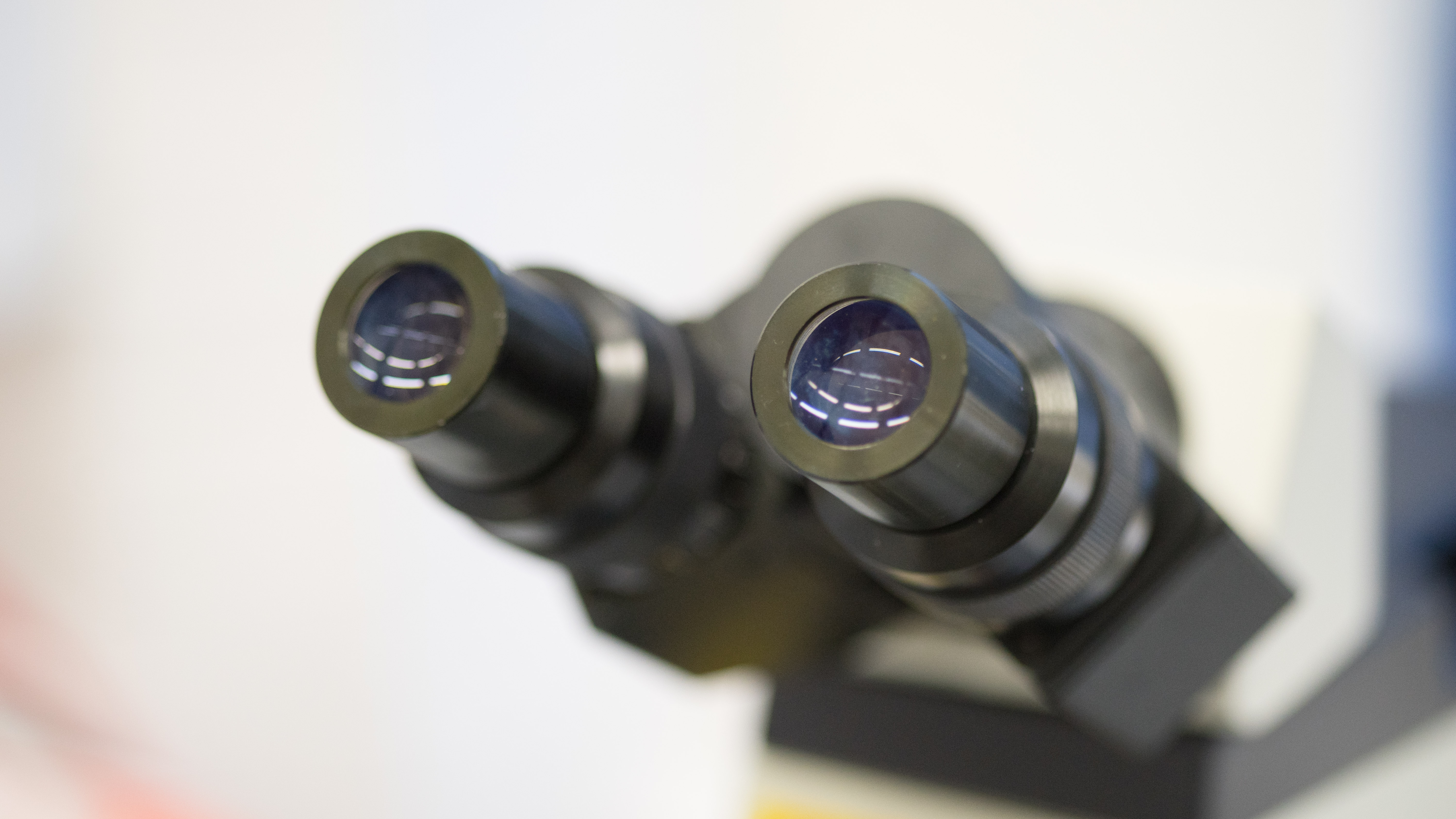As the semester draws to a close, so too does a remarkable year in College research. From quantum revelations to botanical discoveries, healthcare innovations to cosmic exploration, this year saw no shortage of scientific findings across Trinity science departments. Here we take a look back at some of the highlights from a packed year of research, bringing you a rundown of some of the biggest developments made on campus in 2023.
Artificial intelligence capable of producing papers suitable for journal publication
While this might seem like a foregone conclusion after a year that artificial intelligence (AI) dominated headlines and ChatGPT became the hottest name on campus, back in January of this year, the potential of generative AI models was only beginning to be explored. Brian Lucey, Professor of International Finance and Commodities at TCD, alongside Michael Dowling, Professor of Finance at DCU, found that ChatGPT could be used to draft an academic paper in finance that was up to snuff for publication in an academic journal. With only a peppering of input from the researchers, limitations in the AI’s abilities were smoothed over to produce an output worthy of journal publication. The study marked a significant step in recognising the potential for AI models like ChatGPT and exploring their place in research and education – an ongoing discourse set to continue well into the new year.
New breakthroughs in treatment of glaucoma
After seven years of research, Trinity scientists unveiled a novel gene therapy that could potentially transform the treatment of glaucoma. Cases of glaucoma, a common condition in which the optic nerve is damaged, potentially leading to sight loss, are on the rise, with over 110 million people expected to be affected by 2040. By injecting a modified virus, called a viral vector, scientists have found a way to decrease pressure in the eye and consequently prevent damage to the nerve head. Not only was this a significant step towards treating optical diseases, but it marked a pioneering application of gene therapy to treat common diseases.
Evidence reported of low-frequency gravitational waves in the cosmos
Researchers from Trinity formed part of the European Pulsar Timing Array that unveiled compelling evidence of the presence of ultra-low frequency gravitational waves – a landmark development capping more than 25 years of study. Gravitational waves can be considered ripples in the fabric of spacetime caused by immense cosmic objects (think supermassive black hole big) orbitting each other. After years of data collection and analysis, scientists were finally able to provide evidence of these gravitational waves at extremely low frequencies, providing one more clue to develop our understanding of cosmic gravitational waves and help us uncover the history of our universe.
Members of the Traveller community suffer disproportionate health outcomes when compared to the remainder of the population
A significant finding in the realm of healthcare uncovered the imbalanced burden of health conditions between Travellers and the remainder of the Irish population. It was the first study to shine a light on the significant health disparity in the Traveller community, with conditions such as asthma, tuberculosis, bronchitis, and metabolic syndrome identified as twice or even three times more widespread in Irish travellers than the remainder of the population. It highlighted the need for healthcare providers to be more in tune with the unique needs of the Traveller population in order to address existing inequalities and improve health outcomes for Travellers.
Honorary Mention: While August’s discovery by the Trinity neuroscience department that the act of forgetting can be a learning mechanism is newsworthy in its own right, it made headlines this year for a very different reason. The study, which holds significant implications for the treatment of diseases affecting the memory such as Alzheimer’s, gained media traction when it drew the attention of one MC Hammer. The American rap legend – responsible for classic 90’s jam “U Can’t Touch This – took to Twitter to praise the “great work” of Trinity researchers and congratulate Dr Tomás Ryan, Associate Professor in the School of Biochemistry and Immunology. Try and top that one, 2024.






